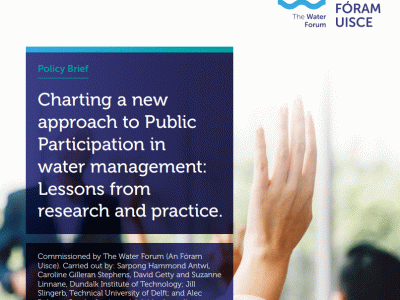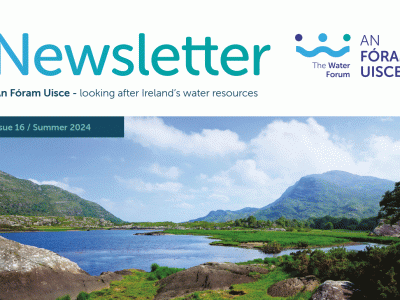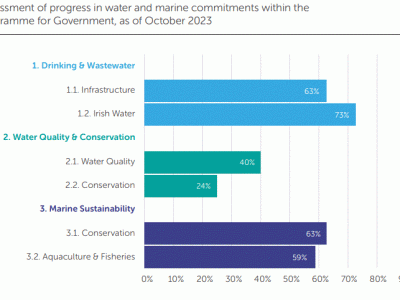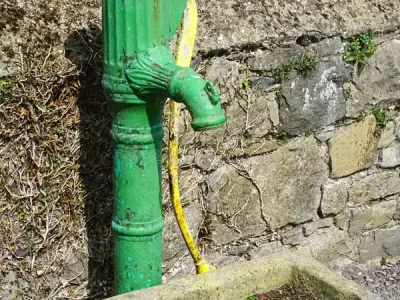A World Wildlife Fund (WWF) Report released for World Food Day presents the first ever economic value of water and wetland ecosystems: the annual economic value of water and freshwater ecosystems is estimated to be US$58 trillion – equivalent to 60% of global Gross Domestic Product (GDP). But according to the report the world’s freshwater ecosystems are in a downward spiral, posing an ever growing risk to these values.
Since 1970, the world has lost one-third of its remaining wetlands, while freshwater wildlife populations have, on average, dropped by 83%. This has contributed to growing numbers of people facing water shortages and food insecurity, as rivers and lakes have dried up, pollution has increased and food sources, such as freshwater fisheries, have dwindled. It is also exacerbating economic pressures and undermining global efforts to reverse nature loss and adapt to the worsening impacts of climate change, from devastating droughts and extreme floods to sea level rise.
According to Dr Kirsten Schuijt, WWF International’s Director-General. “The WWF’s report reveals the staggering underlying value of water and freshwater ecosystems to our global economy and environment. Healthy rivers, lakes and wetlands are essential for water and food security, adapting to climate change and sustaining biodiversity, but they also provide priceless cultural and spiritual values that are vital to people’s wellbeing worldwide.”
Extracting unsustainable amounts of water, harmful subsidies, alterations to river flows, pollution, and climate change-related impacts are endangering freshwater ecosystems and degrading rivers, lakes, wetlands, and groundwater aquifers. Two-thirds of the world’s largest rivers are no longer free-flowing, while wetlands are continuing to be lost three times as fast as forests.
Stuart Orr, WWF Global Freshwater Lead stated “We need to remember that water doesn’t come from a tap – it comes from nature. Reversing the loss of freshwater ecosystems will pave the way to a more resilient, nature-positive and sustainable future for all.”
President Micheal D Higgins in his presentation at the same event stated “Like all natural resources, fresh water is not infinite.” Considering only 2.5% of water is fresh and suitable for drinking or agriculture and over 2.4 billion people live in “water-stressed” countries. President Higgins called for “action to preserve our planet’s water resource before it is too late”.
Water Forum Policy Paper Climate Change impacts on Ireland’s water resources.




